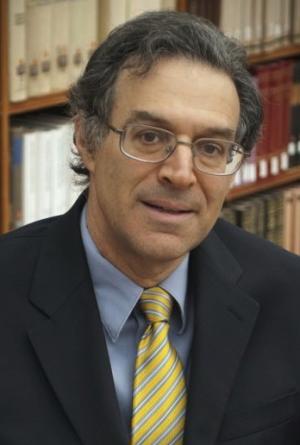
Lowell Lecture
Kenneth Pomeranz: How Did ‘China’ Get So Big? Redefining the Qing Realm and its Subjects ca. 1750-1900
Date & Time
Feb. 28, 2018 at 7 p.m. - 8:30 p.m.
Location
Boston College - Gasson 100
140 Commonwealth Avenue Chestnut Hill, MA 02467
Driving Directions
Speaker(s)
Presenting Organization
Topics
Contact
Lauren Wilwerding (lauren.wilwerding@bc.edu, (617) 552-2203)
Kenneth Pomeranz is Professor of Modern Chinese History at the University of Chicago. His work focuses mostly on China, though he is also very interested in comparative and world history. His publications include The Great Divergence: China, Europe, and the Making of the Modern World Economy (2000), which won the John K. Fairbank Prize from the AHA, and shared the World History Association book prize and The Making of a Hinterland: State, Society and Economy in Inland North China, 1853–1937 (1993), which also won the Fairbank Prize. He was one of the founding editors of the Journal of Global History. He is a fellow of the American Academy of Arts and Sciences and has received fellowships from the Guggenheim Foundation, the American Philosophical Society, American Council of Learned Societies, the Institute for Advanced Studies, the National Endowment for the Humanities, and other sources. His current projects include a history of Chinese political economy from the seventeenth century to the present, and a book called Why Is China So Big? which tries to explain how and why contemporary China's huge land mass and population have wound up forming a single political unit.